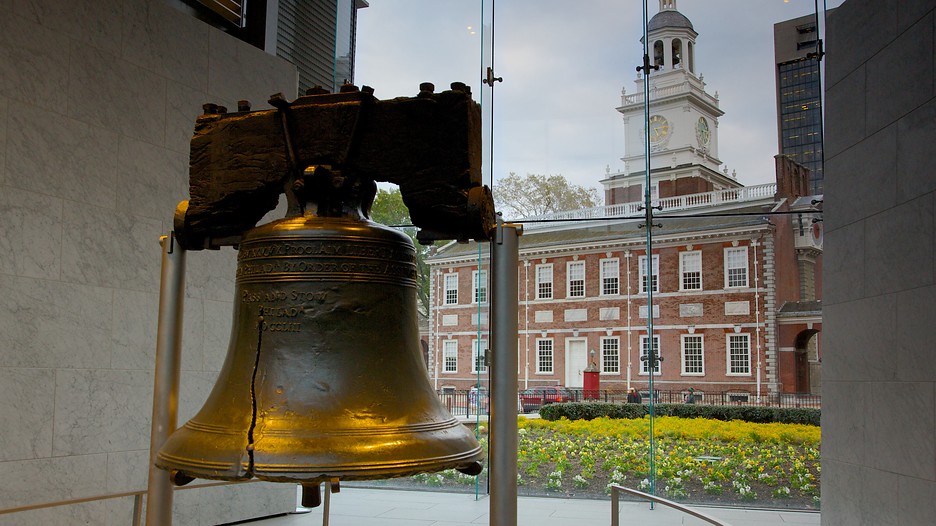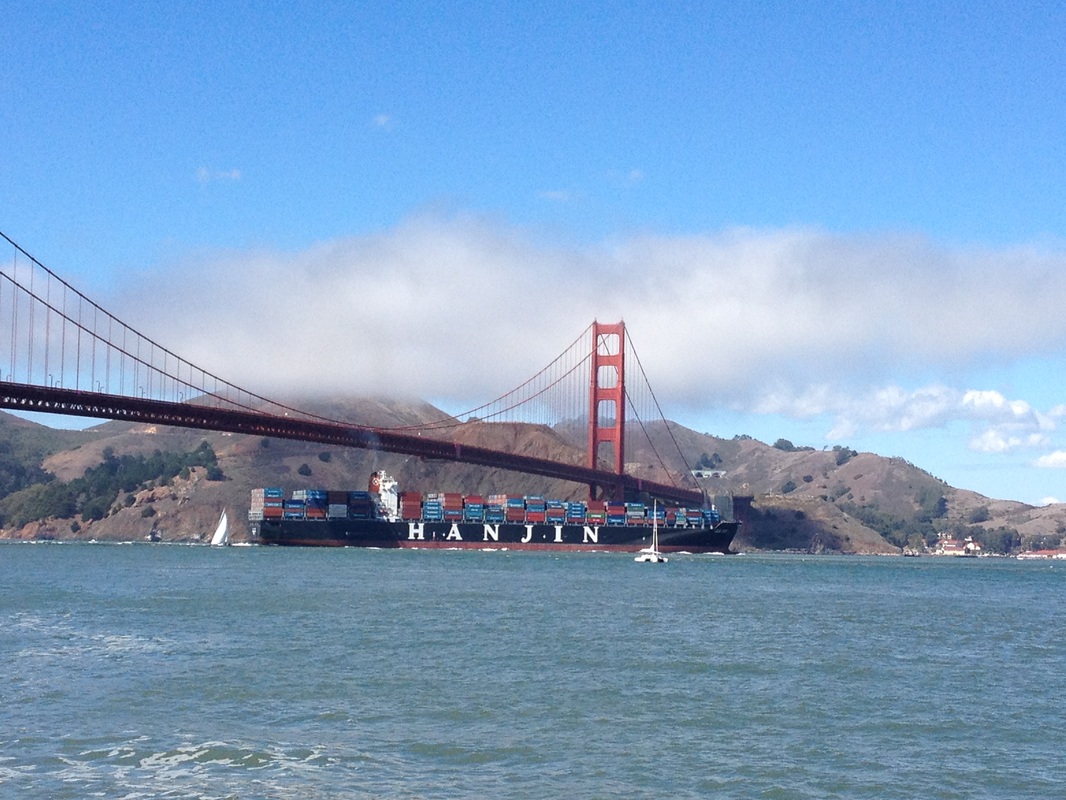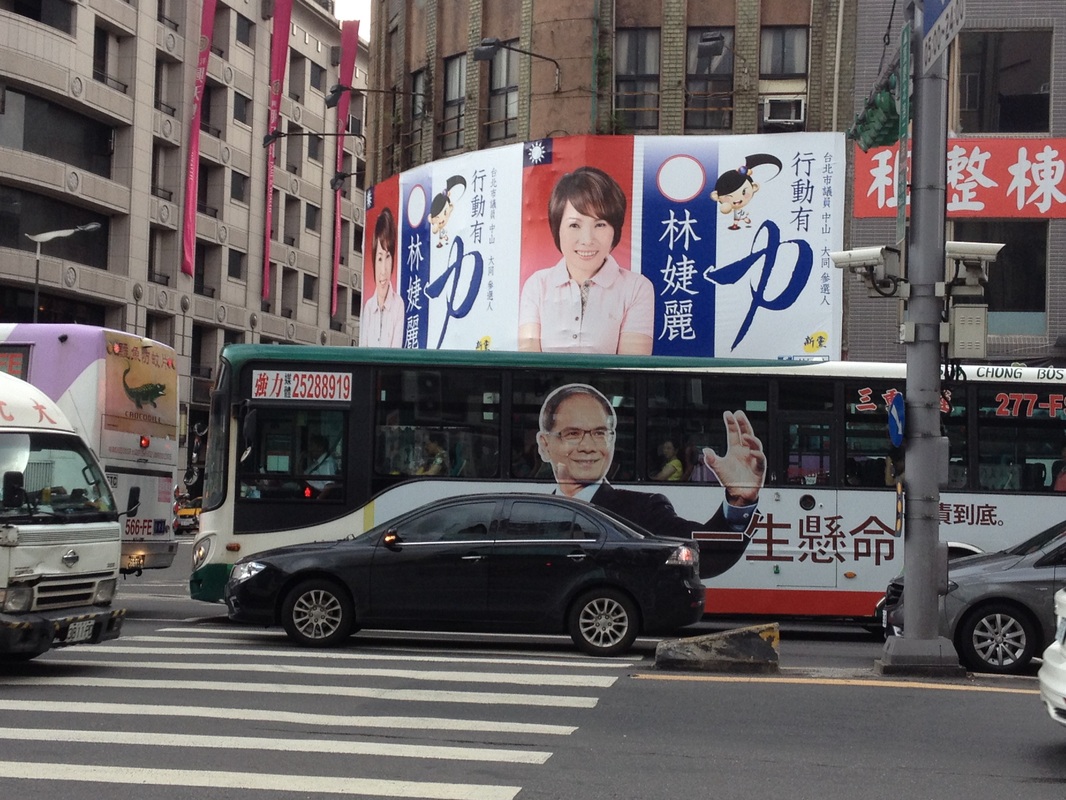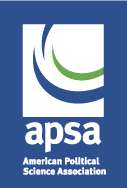Conference Group on Taiwan Studies (CGOTS)
CALL FOR PAPERS
Submission Deadline: January 18, 2023
The 2023 American Political Science Association (APSA) Annual Meeting will be held from August 31- September 3, 2023, in Los Angeles, California. The conference theme is “Rights and Responsibilities in an Age of Mis- and Disinformation.”
CGOTS invites paper and panel proposals on Taiwan’s domestic politics, cross-Strait issues, and international relations consistent with the theme of “Rights and Responsibilities in an Age of Mis- and Disinformation.”
Political communication can be fraught with mis- and disinformation that can skew the political landscape and impact the attitudes and actions of political actors. Misinformation broadly refers to disseminating false, misleading, or unsubstantiated information without intent to deceive. Disinformation goes further to deliberately mislead with biased information, manipulated facts, or propaganda. Both can include fake news, conspiracy theories, and rumors and be spread by ordinary individuals, influencers, governments, public-relations firms, internet bots, or human-curated fake social media accounts. Mis- and disinformation are not new, but these phenomena are becoming increasingly prevalent and problematic worldwide. Advances in communication technologies mean that they can spread faster and broader than fact-based information. Polarized publics are especially eager consumers. A further innovation is producing “deep fakes” that make distinguishing fakes and facts harder.
On one hand, spreading information–whether false or true–can be expressed in the terminology of rights. Efforts to address mis- and disinformation take place in the context of the internationally recognized human rights of freedom of thought and expression. Engaging in mis and disinformation can be seen as exercising the right to freedom of thought and speech. In this vein, limiting or regulating information flows can be portrayed as overstepping or infringing upon these rights and controlling people’s actions. Governments may use tackling mis- and disinformation to justify infringing these rights. At the extreme, critics have linked information-monitoring to the kinds of oppression we see from authoritarian governments.
On the other hand, exercising the right to freedom of expression without embracing responsibility for providing accurate, evidence-based, and truthful information hurts trust and many rights other than free speech. Covid-19-related misinformation, for example, undercuts the right to health. Election-related disinformation can corrode the right to free and fair elections by discouraging voting, eroding trust in democratic norms, and corrupting institutions. Falsehoods that amplify hatred against racial and ethnic, religious, or political minorities violate the right to non-discrimination, freedom of religion, and even self-determination. In this vein, we could perhaps have a right to the truth that supersedes the “right” to lie. Nonetheless, even apparent attempts to fight mis- and disinformation could be employed against political opponents, repress critical journalists’ freedom of the press, and hurt markets.
For the 2023 Annual Meeting, we encourage participants to consider questions about “Rights and Responsibilities in an Age of Mis- and Disinformation” in Taiwan, especially those that highlight diversity in methodological approaches and topics. We also welcome proposals attentive to various domestic and international challenges Taiwan encounters in a world of mis- and disinformation. Entering the final year of President Tsai Ing-wen’s second term, studies examining changes in the political landscape in Taiwan and its future direction is particularly desired. We encourage scholars to raise and study the following questions under the Taiwan context, including how citizens react to the Mis- and Disinformation in Taiwan; how to better understand the diverse social clusters and their respective political views and demands in Taiwan; how to utilize and demonstrate various methodological approaches to advance scholarly understanding of Taiwan politics; how to comprehend cross-Strait relations under Tsai’s second term and the future administration; and how to incorporate the concept of diversity in scholarly research of Taiwan politics.
We also welcome proposals that utilize innovative and diverse approaches to understand how Mis- and Disinformation in Taiwan affect the attitude toward allies and competitors. Research investigating the dynamics of U.S.-Taiwan-China relations, the effect of Mis- and Disinformation on Taiwan’s domestic and international politics, the impact of Mis- and Disinformation on Taiwan’s outward and inward trade and investment patterns, the potential changes between the cross-Strait relations in the era of misinformation, and the public perception on Taiwan’s foreign policy is highly desirable. These questions help the political science academe to understand Taiwan in the global context better and raise Taiwan’s international visibility.
Please send proposals to APSA, and choose CGOTS as one of your submission’s subfield : https://connect.apsanet.org/apsa2023/
The submission deadline is January 18, 2023.
If you have any questions or concerns, please contact Austin Wang ([email protected])
CGOTS Coordinator. Travel support for CGOTS panelists is subject to the availability of external funding.









 RSS Feed
RSS Feed
